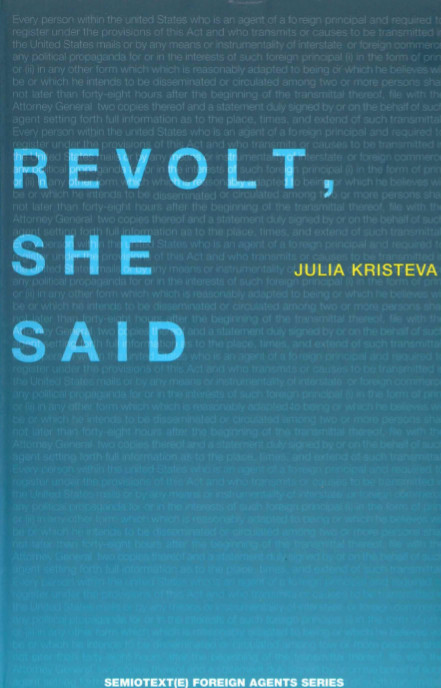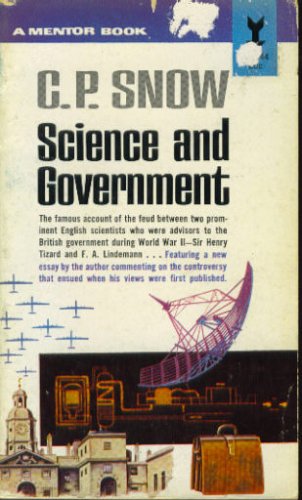Paolo Plotegher, Manuela Zechner, Bue Rübner Hansen (eds.): Nanopolitics Handbook (2013)
Filed under book | Tags: · body, nanopolitics, politics, social movements, subjectivation, theory

The invention of new modes of sensibility is vital to enriching and sustaining political engagements, labours and lives in the situated contexts of urban collectivity. The nanopolitics handbook investigates the neoliberal city and workplace, the politics of crisis and austerity, precarious lives and modes of collaboration – through bodies and their encounters. Starting from the exploration of what bodies can do – with curiosity, courage and care – nanopolitics is a proposal for producing new collective subjectivations.
Based on the experiments and experiences of the nanopolitics group, this book proposes exercises, concepts and ideas as little maps and machines for action. Drawing on social movements, grassroots organizing, dance, theatre and bodywork, the reflections and practices here present strategies for navigating and reconfiguring the playing field of ‘nanopolitics’, activating its entanglement with the major politics of our time.
Texts and exercises by: the nanopolitics group, esquizo-barcelona, David Vercauteren, Camila Mello and Fabiane Borges, Nelly Alfandari, Jorge Goia, Lottie Child, Carla Bottiglieri, Gabriella Alberti, Paolo Plotegher, Davyd Bodoun, Emma Dowling, Mara Ferreri, Manuela Zechner, Bue Rübner Hansen, Amit Rai, Anja Kanngieser, Lisa Burger, Irina Burger and Signe Lupnov.
Publisher Minor Compositions, 2013
Creative Commons Attribution-NonCommercial-ShareAlike License
ISBN 9781570272684
280 pages
PDF
View online (Scribd.com)
Julia Kristeva: Revolt, She Said (2002)
Filed under book | Tags: · art, disobedience, interview, philosophy, politics, psychoanalysis, revolution

“May ’68 in France expressed a fundamental version of freedom: not freedom to succeed, but freedom to revolt. Political revolutions ultimately betray revolt because they cease to question themselves. Revolt, as I understand it—psychic revolt, analytic revolt, artistic revolt—refers to a permanent state of questioning, of transformations, an endless probing of appearances.
In this book, Julia Kristeva extends the definition of revolt beyond politics per se. Kristeva sees revolt as a state of permanent questioning and transformation, of change that characterizes psychic life and, in the best cases, art. For her, revolt is not simply about rejection and destruction—it is a necessary process of renewal and regeneration.”
An Interview by Philippe Petit
Translated by Brian O’Keeffe
Edited by Sylvère Lotringer
Publisher Semiotext(e), 2002
Foreign Agents series
ISBN 1584350156, 9781584350156
139 pages
Reviews: Simone Roberts (Common Knowledge), Pramod K. Nayar (Philosophy in Review), Philip Goodchild (Ars Disputanti), Adrian O. Johnston (Metapsychology).
PDF (updated on 2017-6-26)
Comment (0)C. P. Snow: Science And Government (1961)
Filed under book | Tags: · military, politics, science, war

Science and Government is a gripping account of one of the great scientific rivalries of the twentieth century. The antagonists are Sir Henry Tizard, a chemist from Imperial College, and Frederick Lindemann (Lord Cherwell), a physicist from the University of Oxford. The scientist-turned-novelist Charles Percy Snow tells a story of hatred and ambition at the top of British science, exposing how vital decisions were made in secret and sometimes with little regard to truth or the prevailing scientific consensus.
Tizard, an adviser to a Labor government, believed the air war against Nazi Germany would be won by investing in the new science of radar. Lindemann favored bombing the homes of German citizens. Each man produced data to support his case, but in the end what mattered was politics. When Labor was in power, Tizard’s view prevailed. When the Conservatives returned, Lindemann, who was Winston Churchill’s personal adviser, became untouchable.
Snow’s 1959 “Two Cultures” Rede Lecture propelled him to worldwide fame. Science and Government, originally the 1960 Godkin Lectures at Harvard, has been largely forgotten. Today the space occupied by scientists and politicians is much more contested than it was in Snow’s time, but there remains no better guide to it than Snow’s dramatic narrative.
Publisher Harvard University Press, Cambridge/MA, 1961
88 pages
review (R.H.S. Crossman, Encounter, 1961)
review (Susanne Leonhard, Gewerkschaftliche Monatshefte, 1962, in German)
review (Martin Rubin, The Washington Times, 2013)
publisher (2013 Edition)
PDF (multiple formats, Archive.org)
Comment (0)
